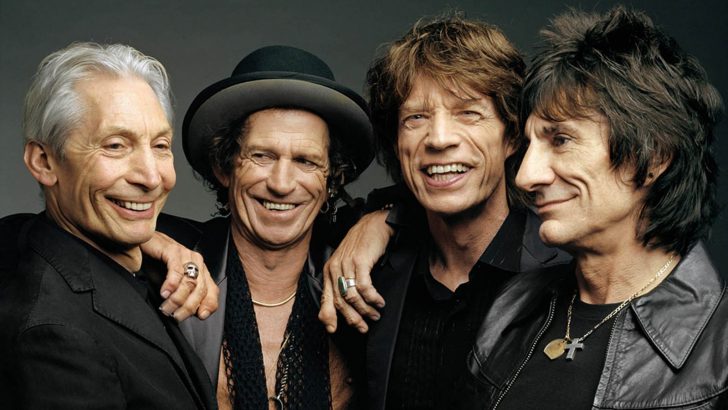It is very cheering to hear that during last week’s great snow event so many people acted in a helpful and neighbourly way, and were particularly aware of looking out for the elderly.
Yet this can be a delicate question – how to be kind to the elderly – and there is sometimes a fine line between being helpful and being patronising.
I was in a pharmacy the other day buying facial stuff – that’s to say, there was nothing medical involved – and the pharmacist said to me, as I prepared to leave – “Can you manage the door? Will I help you?”
Rather snappily, I replied – “I’m not that feeble! I can manage the door!”
“I thought it might be a bit heavy for you, that’s all,” she said. It didn’t seem to me to be heavy at all, and I had entered the shop without any visible struggle. She patted my shoulder as I left, as though to congratulate me of still being capable of ingress and exit all by myself.
Ungracious
I realised that she was intending to be nice and it’s ungracious to rebuff kindness. I dislike it when some feminists say they refuse acts of kindness – such as being given a seat in preference to a man – on grounds of this being “patronising”. I consider that chippy.
And yet, there can be an annoyingly babyish voice which some people adopt when they are speaking to older folk. “Are you ALL RIGHT, dear?” “Take care, my love!” Terms of endearment from strangers are often just a way of being friendly, and can even be part of a local speech pattern where everyone is addressed as “love”. Yet there is, sometimes, a tone adopted towards older people which implies that they are simpletons or halfwits.
Older people often do need consideration, and indeed can be lonely and appreciate a neighbour or friend thinking about their needs, especially during a time of crisis. Isn’t it a Christian duty, anyhow, to ‘love your neighbour’?
Tact
All I am saying is – it would be gratifying if people brought a certain level of tact to this endeavour. Old people are not stupid, so don’t use a register of voice which implies that they are. Yes, we lose a few brain cells with the passing of the years, and names don’t pop into the cerebrum quite as swiftly as they used to: but shrewdness, judgement and canniness often move to compensate for the fuzzing of neural connections.
I used to wonder why older women were often portrayed in movies and fiction (and especially in cartoons) as bossy old battleaxes, ready to harangue those who frustrate or vex them.
Now I know. It’s to deter others from regarding them as dim, incompetent or less equal than others. Be kind to your older neighbours. But please, don’t be condescending. It takes away from the dignity and respect that everyone is due.
The roadside signage warning motorists that elderly people may be crossing the road shows a couple of old dears in silhouette, bent over their walking sticks. Maybe it’s time to alter the image to a picture of the Rolling Stones [above], whose combined age is an estimated 262 years. The quartet of granddads and great-grandads will be playing at Croke Park in May, their wrecked faces looking every day of their 70s, but still rocking away.
It can hardly be said that their lives have been models of public virtue, but you have to give them credit for endurance and fortitude!
Minister Katharine Zappone has urged Pope Francis not to “exclude” any families during the World Meeting of Families in Ireland this August. She says she very much hopes that the gathering “will not be used as a platform for remarks which exclude, isolate or hurt families”. By which she means gay and lesbian families.
I fully agree with Minister Zappone’s sentiments. Inclusivity is great. And we are instructed not to be judgemental of individuals. So perhaps the Minister might urge the National Women’s Council of Ireland – funded by the taxpayer – to be more inclusive of a full range of Irish women’s values, and give some voice to pro-life women?
All of the NWCI’s public statements on social media campaign for, and advocate repeal of the Eighth Amendment, with no balance given to women who believe the unborn/foetus has an entitlement to life.
I wrote to the Chairwoman, Ellen O’Malley Dunlop, last month to ask her, politely and respectfully, if an organisation calling itself “National” might consider being more inclusive and diverse towards all women’s values in this country.
Answer came there none. Perhaps Minister Zappone could have a word about not “excluding” groups? Particularly when the taxpayer is footing the bill.


 Mary Kenny
Mary Kenny
